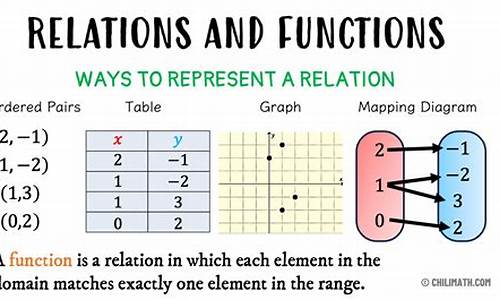The Relationship Between Healthy Diet and Emotional Management

A healthy diet plays a crucial role not only in maintaining physical health but also in managing emotional well-being. Research has shown that the foods we consume have a direct impact on our brain chemistry, influencing our mood, stress levels, and overall mental health. By incorporating a balanced diet, we can foster emotional stability, reduce anxiety, and improve our ability to manage emotions in everyday life. In this article, we will explore the intricate relationship between healthy eating habits and emotional management, highlighting the importance of nutrition in maintaining mental well-being.
The Impact of Nutrition on Brain Function
What we eat directly affects our brain and, by extension, our emotional health. Nutrient-rich foods such as fruits, vegetables, and whole grains provide the brain with essential vitamins, minerals, and antioxidants. These nutrients help regulate neurotransmitters, which are chemical messengers that influence mood and emotional responses. For example, foods rich in omega-3 fatty acids, such as fish, have been shown to reduce symptoms of depression and anxiety.
The Role of Gut Health in Emotional Management
The gut-brain connection is a vital aspect of emotional regulation. A healthy gut microbiome, supported by a balanced diet with plenty of fiber, probiotics, and prebiotics, plays a key role in emotional well-being. A disrupted gut microbiome can lead to mood disorders, stress, and anxiety. Consuming fermented foods, such as yogurt and kimchi, can enhance gut health and positively influence emotional management.
Foods to Boost Mood and Reduce Stress
Certain foods have been proven to help manage stress and boost mood. Complex carbohydrates, such as oats and sweet potatoes, help regulate blood sugar levels and provide a steady supply of energy to the brain. Additionally, foods high in magnesium, like leafy greens and nuts, can help reduce stress by relaxing muscles and supporting nervous system function. By incorporating these foods into your diet, you can manage stress more effectively.

The Importance of Hydration for Emotional Health

Dehydration can lead to fatigue, irritability, and difficulty concentrating, all of which affect emotional management. Drinking enough water throughout the day is essential to maintaining both physical and mental health. Staying hydrated helps regulate hormone levels, including those related to stress and mood, and ensures that the body can perform essential functions that contribute to emotional balance.
Long-Term Benefits of a Healthy Diet on Emotional Well-Being
Incorporating a healthy, balanced diet into your lifestyle has long-term benefits for emotional well-being. Over time, the nutrients from whole foods can help regulate mood swings, reduce anxiety, and enhance cognitive function. A consistent focus on nutrition can provide lasting improvements in emotional resilience and overall mental health.

In conclusion, there is a strong connection between a healthy diet and emotional management. By paying attention to the foods we eat and ensuring they support brain function, gut health, and hydration, we can significantly improve our emotional well-being. A balanced diet, rich in nutrients, is an essential tool for managing stress, enhancing mood, and maintaining emotional stability.
